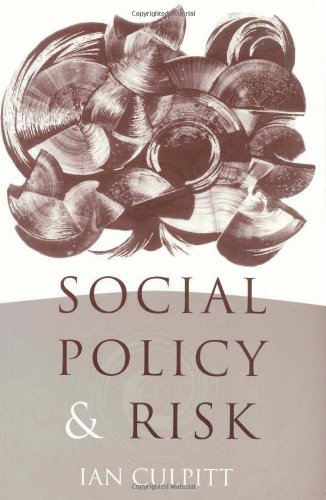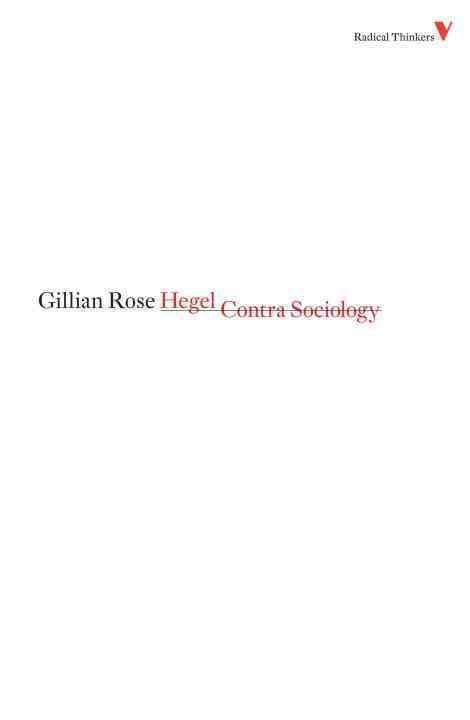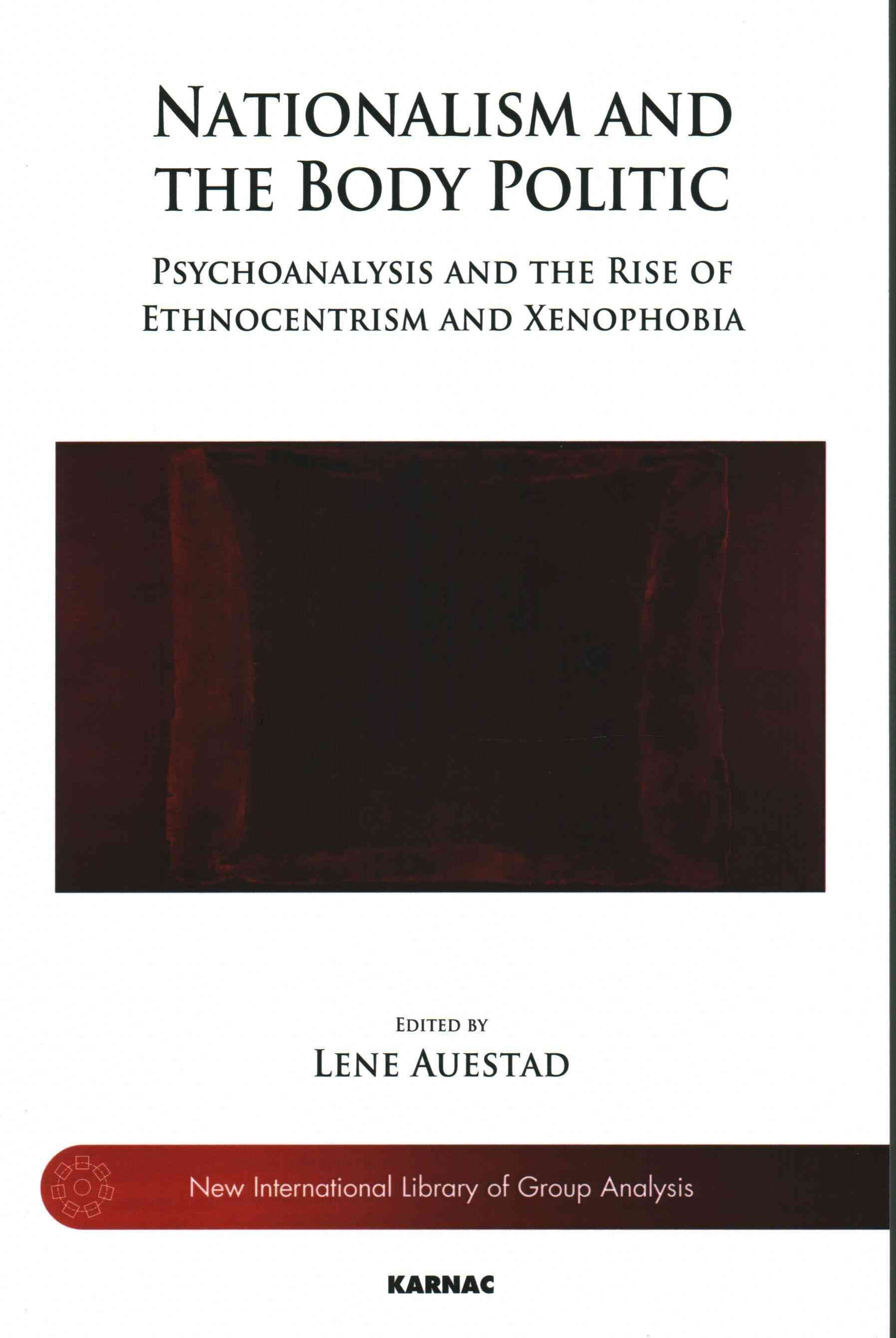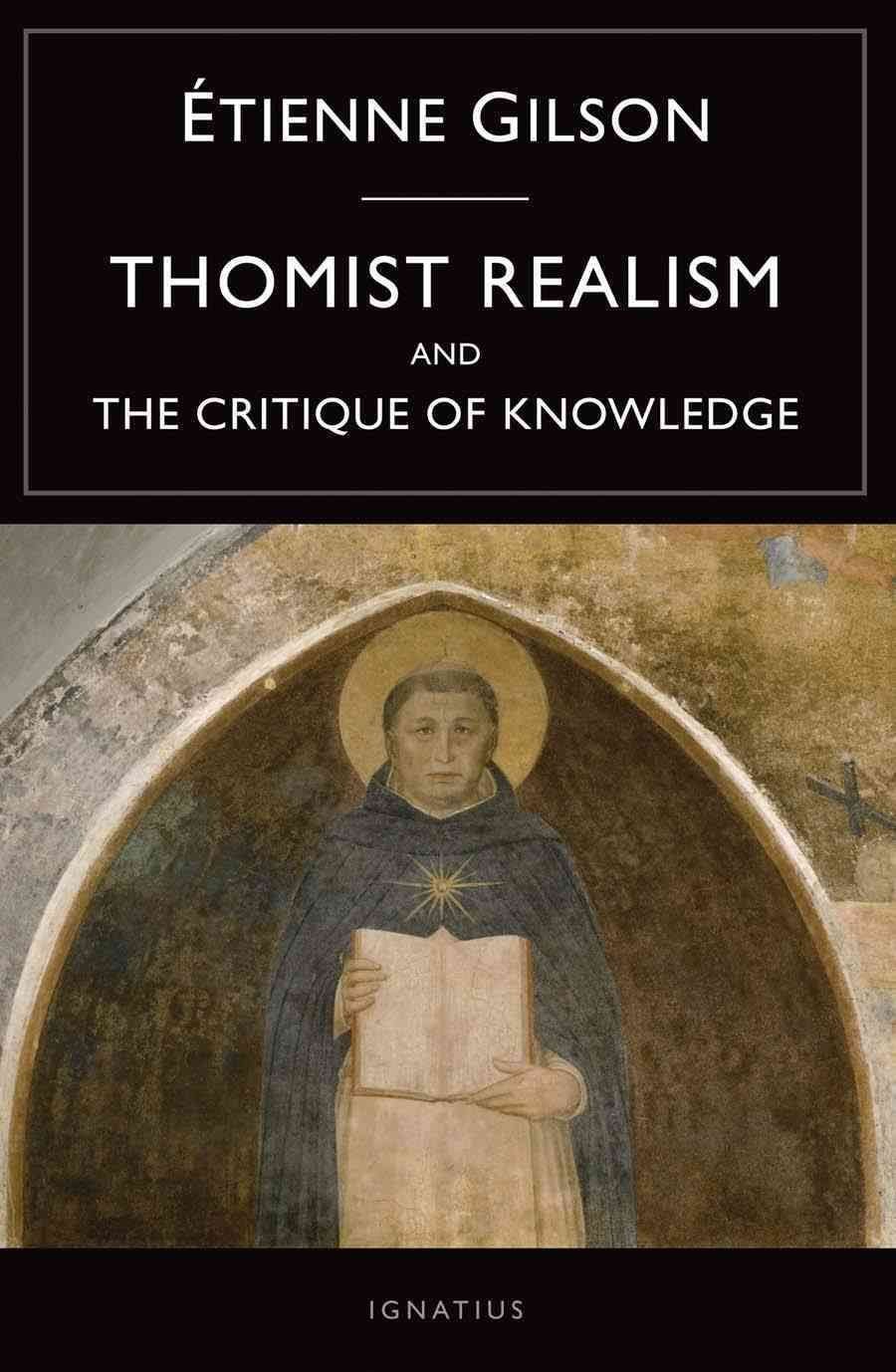Malcolm K. Read employs a psychoanalytic model which sees civilization as a manner of instinctual renunciation in this analysis of selected texts from the sixteenth, seventeenth, and eighteenth centuries.Focusing on their moments of silence and contradiction, he demonstrates that certain attitudes toward the body expressed in these texts have a basis, albeit unconscious, in a motivation which is ultimately political.The central topics, deeply intertwined thematically and theoretically, relate to the nature and development of language; to the Baroque art of Gongora and Quevedo; to Feijoo’s defense of the rationalist subject set against Torres Villarroel’s subversion of the same; and to the neo-classical aesthetics of Luzan and Arteaga.The result is an interdisciplinary approach that challenges traditional assumptions in both literary criticism and linguistic historiography.












